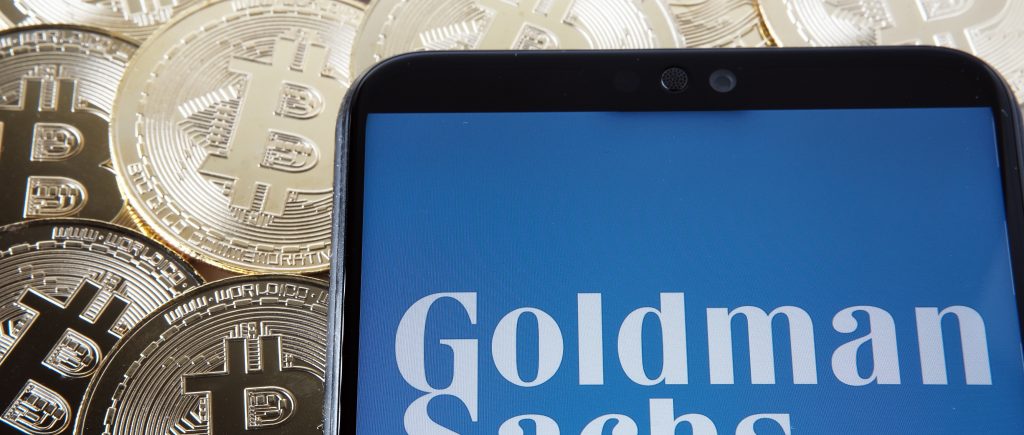After peaking at $48,000 last week, Bitcoin tested the resistance level and moved sideways during the weekend’s trading. The cryptocurrency saw a weak correction simultaneously, while Ethereum made a faster recovery, testing the $3,500 area.
Bitcoin tested $48,000, the end of the bullish range of its latest trend, and saw its first strong two-week correction to $44,200.
By the end of the week, there was a buying reaction from the 0.382 Fibonacci, at $44,000, which coincides with the February resistance zone, measured on the rising trend line. With the buying activity, Bitcoin stopped falling, and the BTC/USD pair moved to an average between $45,800 and $46,400 over the weekend.
The $45,750 area is the first support for the bitcoin pair during the weekend’s transactions against the dollar. With maintaining the support during the day, the trading volume may return to direct the bitcoin to the upside with continued buying.
MacroStrategy invested in bitcoin’s decline as usual…when bitcoin in the past 24 hours fell below the $46,000 levels.
The company’s CEO, Michael Saylor, said minutes ago via a tweet on Twitter that the company bought back the low Bitcoin.
Saylor said MacroStrategy bought about 4,167 additional bitcoins for $190.5 million at an average price of $45,714 per bitcoin.
Russia is considering accepting Bitcoin as payment for its oil and gas exports, according to a high-ranking lawmaker.
Pavel Zavalny says “friendly” countries could be allowed to pay in the crypto-currency or in their local currencies.
Earlier this week, Russian President Vladimir Putin said that he wanted “unfriendly” countries to buy its gas with roubles.
The move is understood to be aimed at boosting the Russian currency, which has lost over 20% in value this year.
A supporter of that idea is the CEO of the financial advisory firm deVere Group – Nigel Green. He opined that the military conflict has caused “significant financial upheaval,” and companies, individuals, and government agencies started looking for alternatives to traditional monetary systems.
“As banks close, ATMs run out of money, threats of personal savings being taken to pay for the war, and the major international payments system SWIFT is weaponized, amongst other factors, the case for a viable, decentralized, borderless, tamper-proof, unconfiscatable monetary system has been laid bare.”
 Noor Trends News, Technical Analysis, Educational Tools and Recommendations
Noor Trends News, Technical Analysis, Educational Tools and Recommendations





